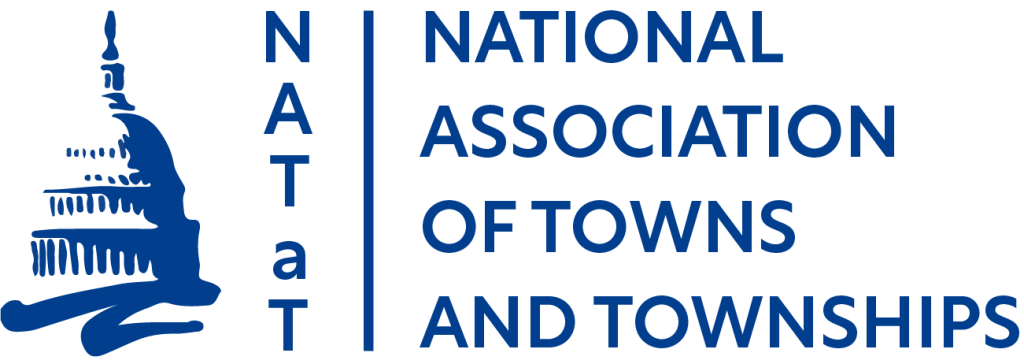There are households and communities in the U.S. today that lack access to adequate broadband service and a majority are located in rural America. We can all agree that this is unacceptable. In the Federal Communication Commission’s (FCC) 2018 Broadband Deployment Report, the Commission states that “the report finds that too many Americans lack access to high-speed Internet service, and the FCC must continue its work to encourage deployment of broadband to all Americans, including those in rural areas, on Tribal lands, and in the nation’s schools and libraries.” According to the Report, the broadband access gap in rural America remains notable: 30.7 percent of Americans in rural areas lack access to fixed terrestrial 25 Mbps/3 Mbps broadband, as compared to only 2.1 percent of Americans in urban areas. The Commission is circulating a draft 2019 Report that finds “the number of Americans lacking Internet access that meets the benchmark dropped from 26.1 million at the end of 2016 to 19.4 million at the end of 2017.” While we are encouraged by this progress, we hope policymakers will continue to focus on closing the rural broadband gap. To that end, any infrastructure package, or legislation that is part of an infrastructure package, that moves through Congress should address this critical shortfall in our nation’s infrastructure.
Broadband Deployment and Mapping
NATaT supports initiatives that will ensure equitable access to high-speed and expandable/scalable broadband service to areas that still lack access to this crucial resource.
NATaT supports Congressional efforts to accelerate broadband deployment across the country. NATaT is especially interested in measures that focus on getting broadband service to unserved and underserved areas. School-age children in rural communities are at a disadvantage and these rural communities with limited access to broadband are being left behind. All levels of government – local, state, and federal government – must work together with broadband providers to close the growing digital divide.
While NATaT supports the Administration and Congress as they prioritize increased funding for broadband deployment, NATaT wants to ensure that our unserved and underserved areas remain economically viable by requiring a minimum, affordable speed of no less than 25 Mbps/3 Mbps (download/upload).
Finally, NATaT supports Congressional and Administrative efforts to improve broadband mapping. The current reporting requirement and the resulting maps do not accurately depict broadband service.
Federal Preemption
NATaT opposes Congressional or Administrative efforts to preempt local authority while deploying broadband and telecommunications services.
NATaT strongly supports broadband deployment but wants to ensure that local governments retain local control over siting decisions, fees, and the time it takes to review applications. These are tenets of a community’s right to self-govern and should not be preempted by the federal government. NATaT opposes the FCC’s Third Report and Order and Declaratory Ruling, which includes language that any local regulation that would cause a delay in deployment would constitute an “effective prohibition of service.” As such, there is a lack of deference to local governments that has historically existed in the courts and legislative interpretation. The Order and Ruling also limit local authority with the implementation of shot clocks without regard to a local government’s size and staff support. FCC action also erodes long-standing local zoning authorities in the deployment of emerging technologies with respect to establishing aesthetic requirements and fees.
NATaT’s top priority in the deployment of broadband services is public safety. We are concerned that the actions of a few local governments who may charge high fees or take an unreasonable amount of time approving permits will impact all local governments. It is imperative that local governments take the time necessary to ensure public safety and charge the fees necessary to cover their costs related to the review process. In sum, we do not support any efforts to bypass local decision-making authority and strongly believe that such permitting and fee-related decisions lie squarely under the jurisdiction of local governments.
NATaT opposes FCC Action on Local Franchising Authorities
NATaT opposes FCC proposed rules that would permit cable operators to reduce their franchise fee payments by the fair market value of their non-cash “in-kind” contributions. The proposed rules could mean that any non-monetary benefit negotiated by a local franchising authority (LFA) in a franchise agreement can be charged back against franchise fees, including institutional networks, complimentary cable service to government buildings, electronic program guides, and the value of PEG channel capacity itself. Congress did not intend these in-kind obligations to be franchise fees and neither the plain language nor the legislative history of the Cable Act supports this tentative conclusion.
The proposed rules would also prohibit an LFA from using their video franchising authority to regulate most non-cable services provided over cable systems, such as telecom or Internet service. It is conceivable that this “mixed-use” rule could allow cable operators to construct wireless facilities in the public rights-of-way without any local regulation, which raises public safety considerations and creates disparities between cable and non-cable operators in the applicability of these regulations. Again, the legislative intent of Congress in the Cable Act does not support the proposed rule.
Broadband Caucuses
NATaT strongly supports the efforts of the Rural Broadband Congressional Caucuses in both the House and Senate to facilitate discussion, educate Members of Congress, and develop policy solutions to close the digital divide in rural America.
To learn more, download the full policy paper.






